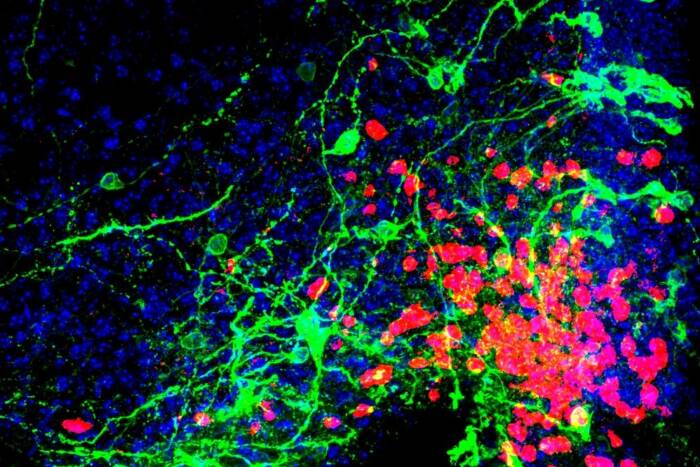Head of Rockefeller University Press named 2009 SPARC Innovator
Mike Rossner, executive director of The Rockefeller University Press, has been named the newest SPARC Innovator by the Scholarly Publishing and Academic Resources Coalition. Announced last week, the award honors Rossner for his work as a proponent of data integrity in and wider public access to scientific publishing.
The SPARC Innovator program recognizes advances in scholarly communication propelled by an individual, institution or group. Typically, these advances exemplify SPARC principles by challenging the status quo in academic communication for the benefit of researchers, libraries, universities and the public.
Rossner, who holds a Ph.D. in molecular biology from the University of Edinburgh, joined The Rockefeller University Press as managing editor of The Journal of Cell Biology (JCB) in 1997 and has served as executive director of the press since 2006. As such, he oversees the publication of three journals: JCB, founded at the press in 1955 under the title The Journal of Biophysical and Biochemical Cytology; The Journal of General Physiology, established in 1917; andThe Journal of Experimental Medicine, founded in 1896.
In his decade-plus at The Rockefeller University Press, Rossner has enstated a number of policies that are defining the leading edge of a reform movement in scientific publishing. In 2001 JCB began releasing its content to the public six months after publication. The following year Rossner developed a screening system to detect manipulation in digital images submitted to the press’s journals. Three years later, following the 2005 scandal that surrounded the journal Science over the publication of fraudulently manipulated images, several other publishers quickly adopted Rossner’s innovation. Last year, Rossner broke with traditional publishing practice by allowing authors to retain copyright to their own work. Additionally, third parties can now reuse material published in any of the press’s journals under a modified Creative Commons license.
Rossner’s writings, in Rockefeller University Press journals and elsewhere, have further bolstered his platform for positive change, addressing issues including the Public Access Policy instituted by the National Institutes of Health, unfair pricing practices by large publishers and the need for greater transparency in journal metrics.
Along with SPARC Europe and SPARC Japan, SPARC is an international alliance of more than 800 academic and research libraries working to create a more open system of scholarly communication. SPARC’s advocacy and its educational and publisher partnership programs encourage expanded dissemination of research.


